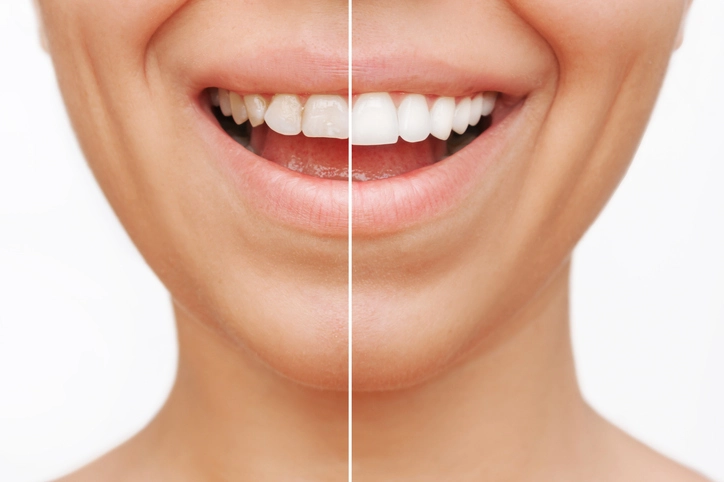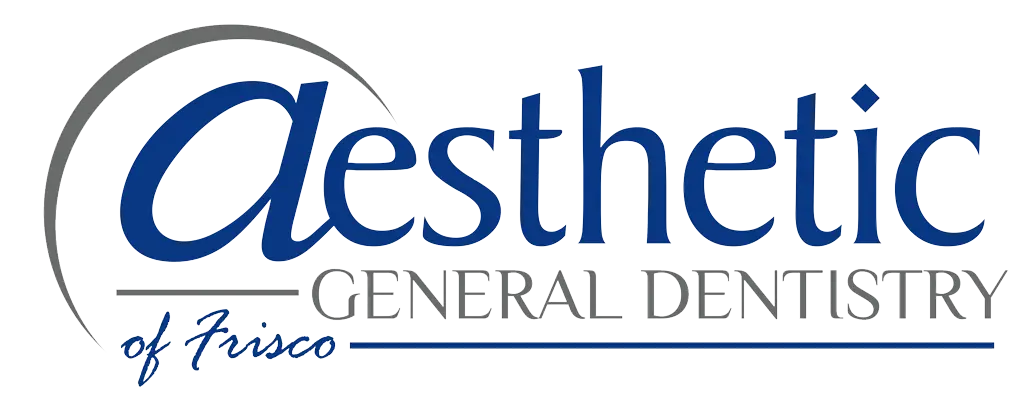Dental Bridges in Frisco, TX
Eat Better and Speak Better With High-Quality Dental Bridges
Are you looking for a permanent and comfortable solution to replace missing teeth? If so, you’ve come to the right place! Dental bridges are effective and versatile restorations used to replace missing teeth, restore oral function, and enhance the aesthetics of your smile.
At Aesthetic General Dentistry of Frisco, we specialize in providing top-notch dental bridges and other related treatments. Our amazing team of dentists have years of experience treating patients with various needs – from minor fillings to more complex conditions such as broken teeth or gum disease.
We understand that each patient is unique and our goal is to provide personalized services tailored specifically for your individual situation. Let us help you get the best care possible for your smile by exploring our various options for dental bridges today!


What are Dental Bridges?
Dental bridges are artificial teeth replacements that fill the gap between neighboring healthy teeth when one or more teeth are missing. They are prosthetic devices that can easily restore your smile and improve your dental health. They are made up of false teeth that are known as pontics, and are secured in place by dental crowns on either side of the mouth. In order to create a structure similar to a bridge, dental crowns are cemented onto the natural teeth that are located on each side of the spaces.
Dental bridges offer several benefits, including restoring the ability to chew and speak properly, maintaining proper alignment of surrounding teeth, improving facial aesthetics, and preventing the shifting of remaining teeth. Depending on individual needs and preferences, theycan be porcelain, ceramic, or metal alloys.
Dental Bridge Process
The dental bridge process typically involves the following steps:
Consultation and Examination: Your first visit to Aesthetic General Dentistry of Frisco will involve a comprehensive dental examination and consultation. Your dentist will check your teeth, appointment gums, and jawbone and discuss your treatment goals and options.
Treatment Planning: Upon reviewing the examination results, your dentist will formulate a customized treatment plan tailored to the type of bridge that best meets your specific needs.
Tooth Preparation: If the adjacent teeth supporting the bridge require crowns, they will be prepared by removing a small amount of enamel to accommodate the crowns. Usually, this procedure is done with local anesthesia to make sure you’re comfortable.
Request Appointment
Impressions: Impressions of your teeth and the gap created by the missing tooth are taken. These impressions serve as the basis for making the custom-made bridge.
Temporary Bridge: During the fabrication of your permanent bridge at a dental laboratory, a temporary bridge can protect your prepared teeth, preserving both your appearance and functionality.
Bridge Fabrication: Skilled technicians in a dental laboratory create your custom dental bridge. The bridge is crafted to match your natural teeth’ color, shape, and size.
Request Appointment
Fitting the Bridge: Once your permanent bridge is ready, you will return to our office for placement. Your dentist checks bridge fit aligns with your bite, and looks natural.
Cementing the Bridge: If applicable, the bridge is cemented securely onto the prepared teeth or attached to dental implants.
Final Adjustments: Your dentist may make final adjustments to the bridge’s shape and fit to ensure optimal comfort and functionality.
Post-Procedure Care: You will receive instructions on how to care for your new bridge, including oral hygiene and dietary recommendations.
Request Appointment
Dental Bridge Types
There are several types of dental bridges, each designed to address specific dental situations:
- Traditional Dental Bridges: Traditional bridges consist of pontics held in place by dental crowns placed on adjacent natural teeth. They are suitable when healthy teeth are missing tooth gaps on both sides.
- Cantilever Bridges: Cantilever bridges are employed when there is only one healthy tooth adjacent to the gap. The pontic is anchored to the healthy tooth using a crown.
- Maryland (Resin-Bonded) Bridges: Maryland bridges use metal or porcelain wings bonded to the backs of adjacent teeth to support the pontic. This type of bridge is often used for front teeth and requires minimal tooth preparation.
- Implant-Supported Bridges: Dental implants strategically positioned in the jawbone serve as the anchor for implant-supported bridges. This is a highly effective choice for replacing multiple missing teeth, especially in cases where there are no viable adjacent teeth.
Benefits of Dental Bridges
Dental bridges offer numerous benefits for patients:
- Improved Aesthetics: Bridges fill the gap left by missing teeth, enhancing your smile’s appearance and restoring your self-confidence.
- Restored Function: Bridges enable you to eat, speak, and chew comfortably, restoring oral function and preventing further dental issues.
- Preventing Teeth Shifting: By filling the gap, bridges assist neighboring teeth stay in place positions, which can lead to misalignment.
- Preservation of Jawbone Structure: Implant-supported bridges stimulate the jawbone, preventing bone loss and maintaining your facial structure.
- Durability: Dental bridges are durable and can last many years with proper care and maintenance.
- Convenience: Unlike removable dentures, dental bridges are fixed in place, eliminating the need for daily removal and cleaning.
- Cost-Effective: Bridges are a cost-effective solution for replacing missing teeth compared to other restorative options.






FAQs About Dental Bridges
How long do dental bridges last?
The lifespan of dental bridges can vary depending on the type of bridge, oral hygiene practices, and individual factors. On average, bridges can last 5 to 15 years or longer with proper care.
Are dental bridges painful to get?
The dental bridge procedure is typically not painful, as it is performed under local anesthesia. After the procedure, some patients may experience slight discomfort, which over-the-counter painkillers can treat medications.
Can I eat normally with a dental bridge?
Yes, once you become accustomed to your new bridge, you can eat a wide variety of foods with confidence. However, avoiding very hard or sticky foods that may damage the bridge is advisable.
Do I need special care for a dental bridge?
Dental bridges require regular oral hygiene care, including brushing, flossing, and routine dental check-ups. Special floss threaders or interdental brushes may be recommended to clean under the bridge.
Can dental bridges be replaced if they wear out?
Dental bridges may, in fact, be changed in the event that they become damaged or worn down over time. Your dentist will be able to evaluate the state of your bridge and provide recommendations for an appropriate replacement if one is required.
Find Out if Dental Bridges are Right for You!
Dental bridges are an effective and versatile solution for replacing missing teeth, restoring oral function, and enhancing your smile’s aesthetics. At Aesthetic General Dentistry of Frisco, our skilled team is dedicated to providing high-quality dental bridge services tailored to your unique needs.
If you are considering dental bridges or if you have any concerns or questions regarding the process, please do not contact us for a consultation. We are here to help you achieve a healthy and beautiful smile. Contact us for more information!
